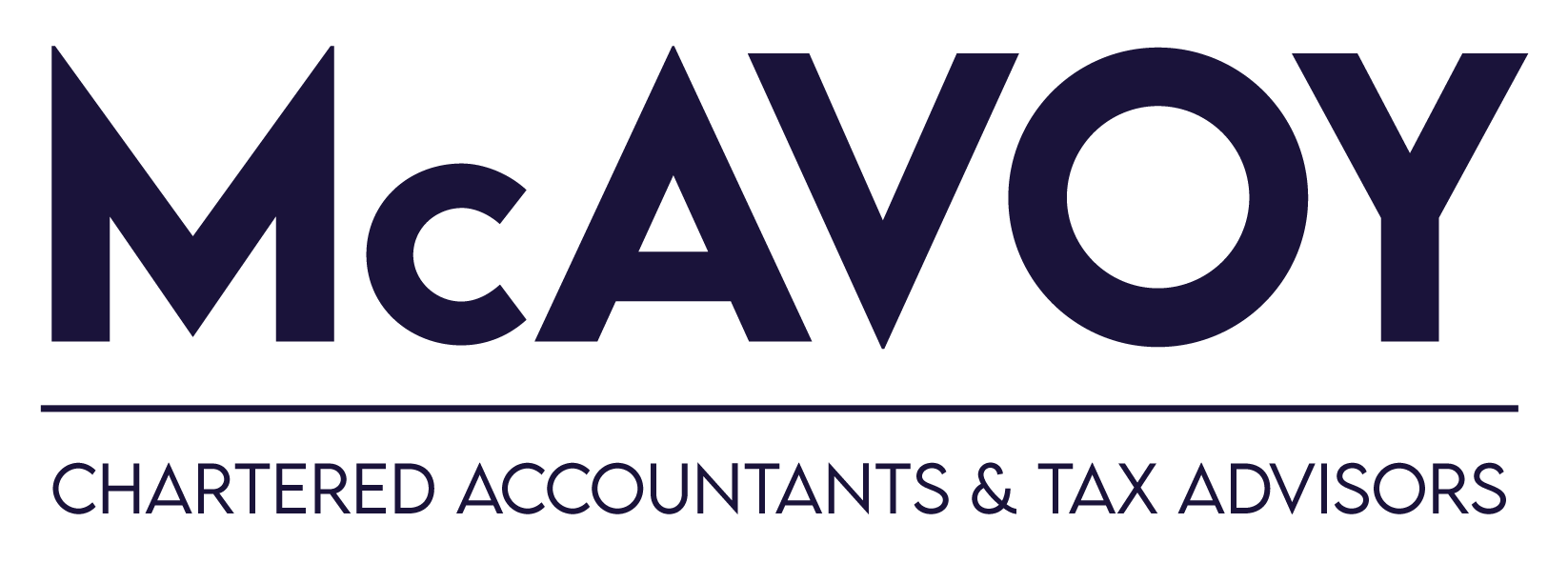Attracting and retaining talented employees can make or break your expanding company. Employers on every level, from start-ups to multinational corporations, want the best people to help their business make the leap to the next level.
However, employee benefits should not be a one-way street. For every benefit your company grants employees, it should recover a benefit in return. Obtaining that benefit from Revenue would be ideal. With this in mind, we have listed below three ways for you to reward your key employees and get a tax benefit for your company to reduce your tax bill at the end of the year.
KEEP – Key Employee Engagement Programme
What is it? KEEP is a focussed share option programme, put in place specifically for SMEs. Qualifying SME employees who acquire KEEP share options in their employer companies will not be liable to income tax, PRSI or USC when they exercise their KEEP share options, unlike some unapproved share option schemes offered by larger multinationals.
Pros for employees:
- Employees will not have to pay income tax at their top rate of tax (52%) on the exercise of qualifying KEEP share options. They will only be liable for Capital Gains Tax on any gains on the disposal of the shares. The rate of CGT can be as low as 10% , if the employees qualify for certain reliefs.
- Employees have an opportunity to benefit from the growth and development of the company along with the other shareholders in their employer companies
Pros for employers:
- Following changes in the finance act 2022, the KEEP scheme can be applied to a wide range of employees, including part-time workers and workers employed by different companies in a group structure, giving employers great flexibility for incentivising key employees.
- The costs of administering the scheme are tax-deductible for corporation tax.
- The incentive to own a share of the company will help to attract and retain talent, especially if an employee will see an increase in the value of their holding due to their hard work.
For more information on the KEEP scheme, click through to our article on Revenue Share Option Scheme (KEEP).
R & D Tax Credits for Employees
What is it? Companies engaged in research and development can surrender some of their Research and Development Tax Credit to allow qualifying employees engaged in R & D to reduce their personal tax bills.
Pros for employees:
- Employees can enjoy considerable income tax savings.
- If the R & D tax credit from the scheme that is assigned to an employee is not used up fully in one year, the employee can carry it forward to future years.
Pros for employers:
- If a company has excess R & D credits, it can still create value by surrendering the credits to key employees engaged in key R & D activities.
- The individual must remain an employee of the company to continue availing of the credit.
The R & D tax credit is a valuable tax break for companies engaged in cutting-edge research and development. Read our Tax Tips for SMEsfor other ways to cut down your tax bill.
Tax-Free Benefits
What is it? There are several benefits that an employer can provide to an employee without extra taxes cutting into the employee’s take-home pay. Employer-provided life assurance and salary sacrifice schemes such as travel passes or Bike-to-Work will not cost the employee a penny of additional taxes. Likewise, employer top-ups to occupational pension scheme contributions are an attractive advantage for employees with their eye on long-term growth with your company.
Pros for employees:
- Employees receive additional incentives without paying additional taxes – a win-win situation!
Pros for employers
- Salary sacrifice schemes like Bike-to-Work or travel passes can reduce an employee’s taxable salary, resulting in savings in both personal taxes and, for the employer, Employer’s PRSI.
- Employer contributions to occupational pension schemes and employee life assurance costs are deductible expenses that will reduce your company’s corporation tax bill.
Employee expenses can be a minefield for employers. To understand how to avoid the pitfalls waiting for unwary employers, read our article on Expense Payments to Employees.
If you need help and advice, feel free to contact any member of our tax team on (021) 4321321 or email Dara Burke, Stephanie Kirby or Joe McAvoy at info@mcavoy.ie:
*This article is written in general terms and should not be relied on as a comprehensive summary of the relevant tax law. Advice should always be sought before any action is taken.

